News
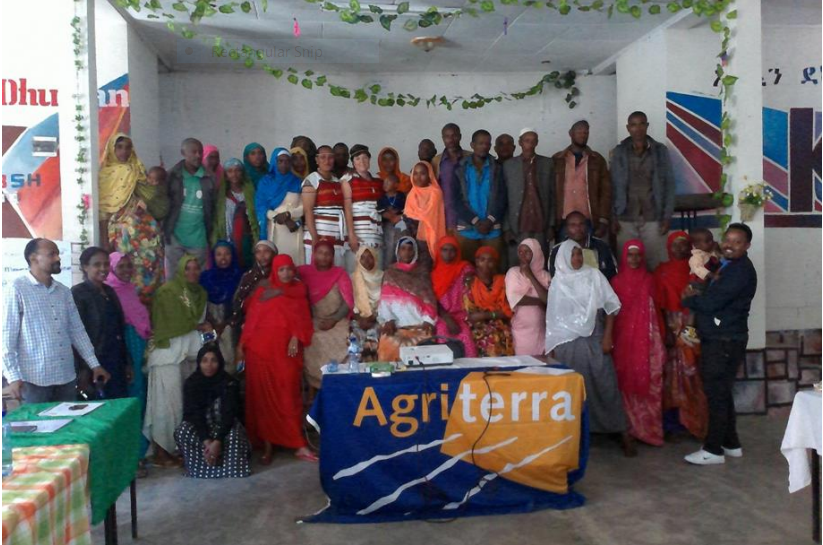
Good results Female Leadership Training in Ethiopia
Women’s participation in the agricultural sector
Female farmers are underrepresented in agricultural cooperatives in Ethiopia. This reflects women’s low ownership and control over assets, their time constraints, low representation in the cooperative boards due to persistent gender discrimination and gender stereotyping. Women are generally viewed to be unfit for leadership and subsequently there is a lack of support for women’s entry to leadership structures. Therefore, they have low self-esteem, inadequate leadership skills and experience and many cultural barriers.
Read more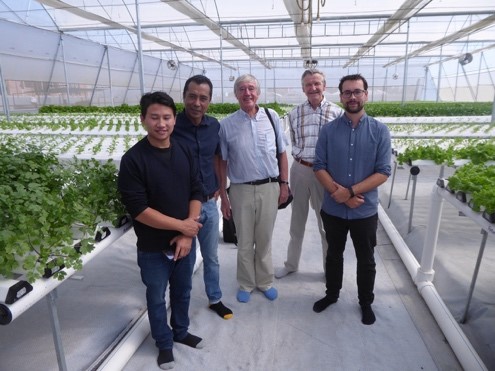
Improving composting and fertilising techniques of conventional and commercial vegetable farmers in Nepal
In 2016, Nepal produced about 4 million metric tons of vegetables, cultivated on 280.807 hectares of land. The average production per hectare was about 14 metric tons. This amount is significantly lower than the one of developed countries. One of the causes is that Nepalese farmers use hazardous chemical pesticides to increase productivity, especially in vegetable production. The farmers are not able to judge the fertiliser’s quality yet and do not know how much to use of it. On the other hand, the consumer’s awareness of quality vegetable production is increasing.
This evolution forces vegetable growers to find new and alternative methods to earn more with less investment and apply safe and hygienic vegetable production methods at the same time. In order to tackle these challenges, some commercial vegetable farmers are converting their farm lands into greenhouses.
Read more
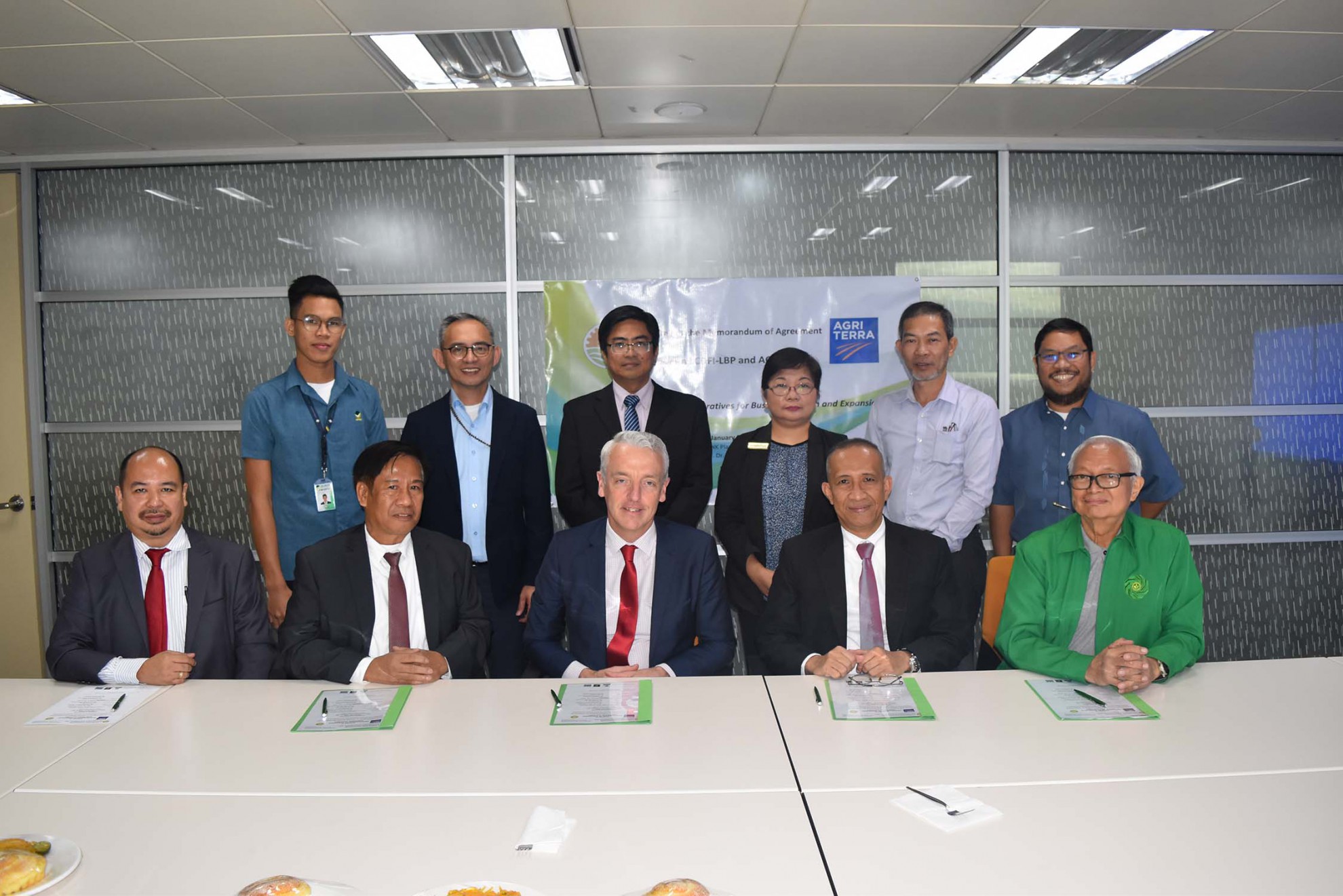
Cooperative business growth and expansion in the Philippines
Agriterra and LANDBANK (LCDFI) sign MOA to boost agricultural cooperative business growth and expansion in the Philippines
After a series of meetings and exchanges to develop a partnership program that will make agricultural cooperatives bankable and improve services to their members, Agriterra and the LANDBANK Countryside Development Foundation, Inc. (LCDFI) signed a memorandum of agreement on the empowerment of agricultural cooperatives for business growth and expansion last January 23, 2019 at the LANDBANK Plaza in Manila, Philippines.
Read more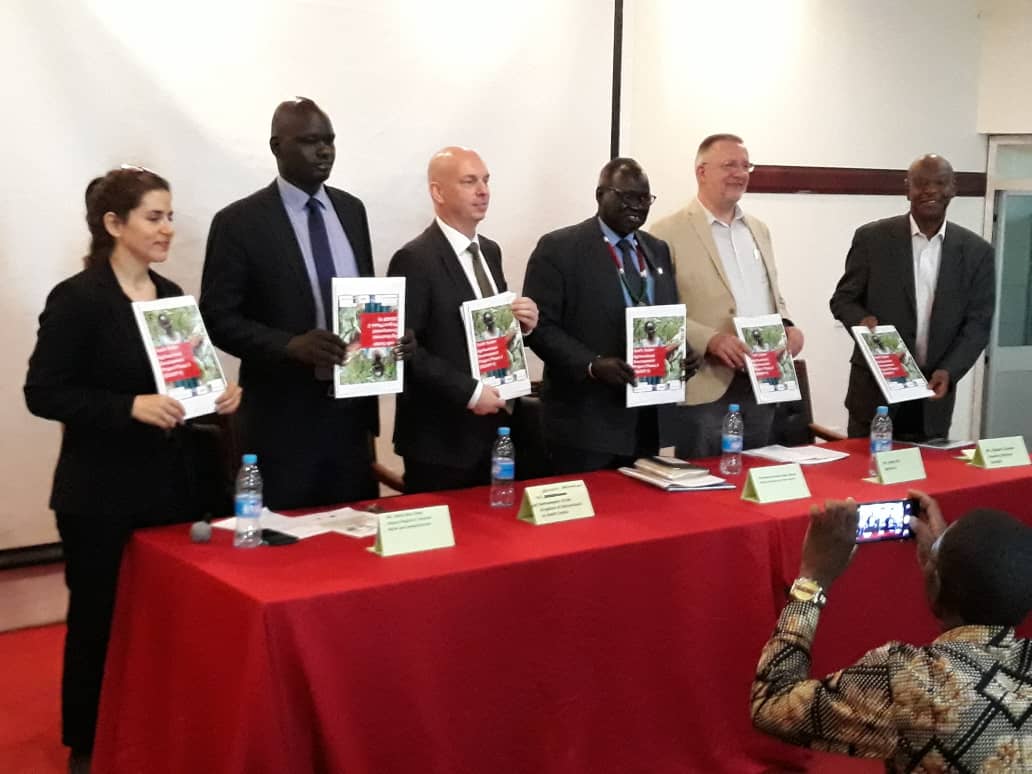
Support for 10,000 farmers in South Sudan
With the generous support from the Embassy of the Kingdom of the Netherlands in South Sudan to phase 2 of the South Sudan Agribusiness Development Programme, a consortium of NGOs (Cordaid, Agriterra and SPARK) will start a project to support 10,000 farmers and their agribusinesses.
This will contribute to a brighter future with better food security and self-reliance for many South Sudanese citizens. The five-year project run from 2019 to 2023, with a total budget of 10 million euros.
The Minister of Agriculture and Food Security of South Sudan officiated the Launch of the SSADP II project on 24 Jan 2019 in Juba.
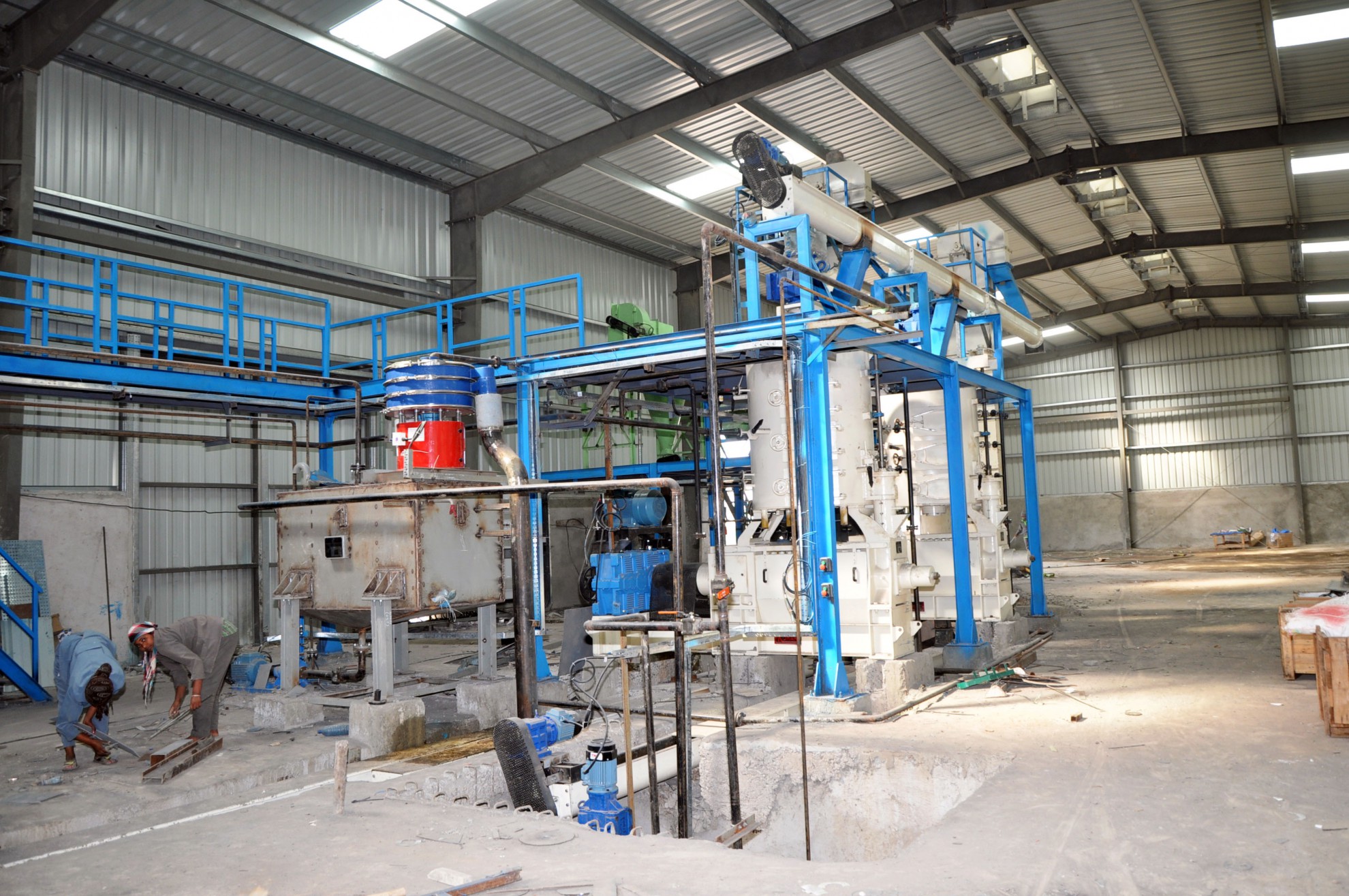
Success story of Tsehay
Tsehay, the union of farmer cooperatives in the north of Ethiopia, has been working together with Agriterra since 2012. A lot has changed since then and there has been progress in different areas (internal capitalisation, investments, skills and knowledge, market linkage).
Read more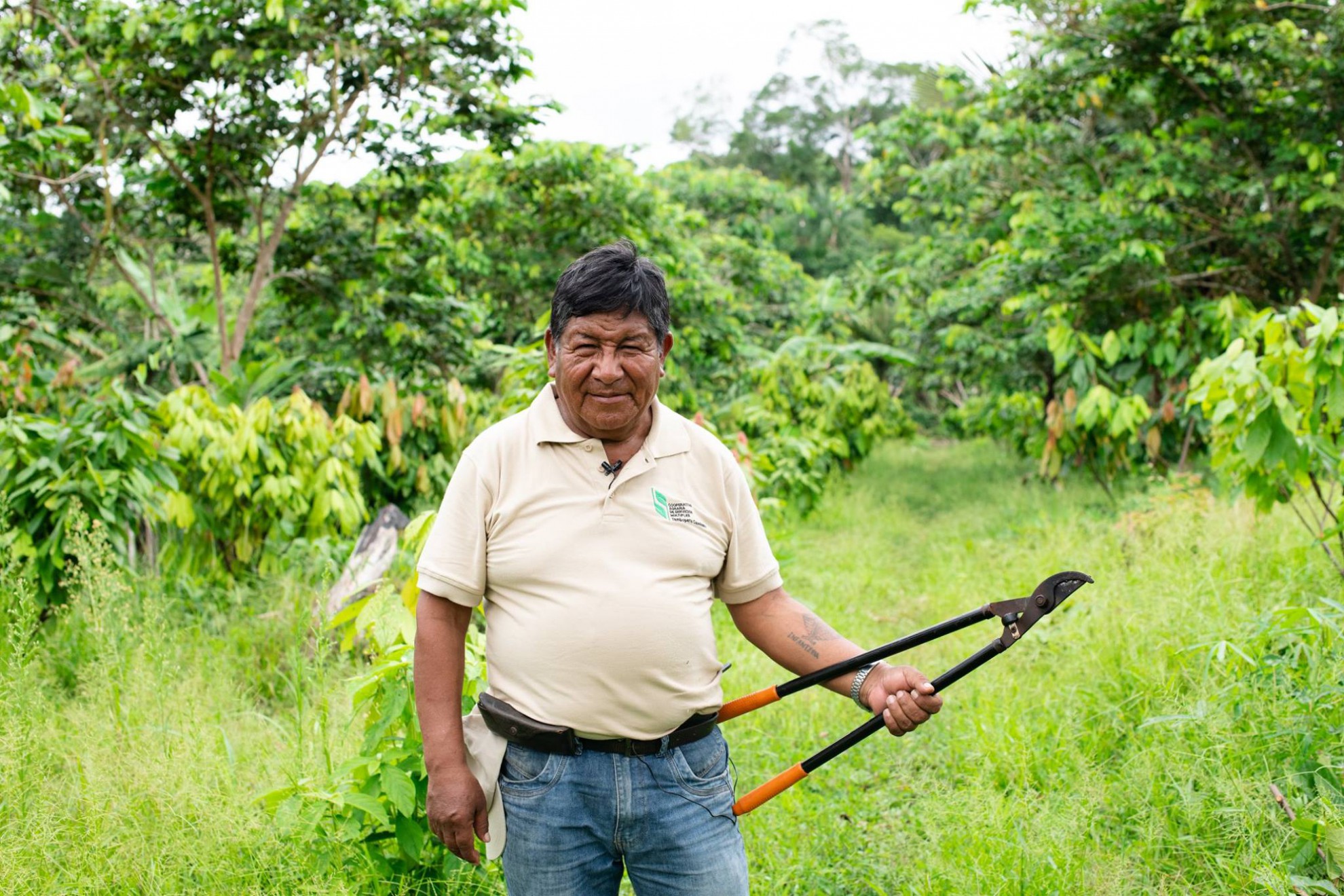
Great news from the Peruvian jungle
A month ago, I was in the jungle of Puerto Maldonado, Madre de Dios, to take photographs and to do some interviews with the managers, workers and members of our client “Cooperativa Agraria de Servicios Múltiples Tambopata Candamo (COOPASER)”. This is how I got the opportunity to learn about the story of President Cirilo Sanchez, one of the cooperative’s founders.
Read more